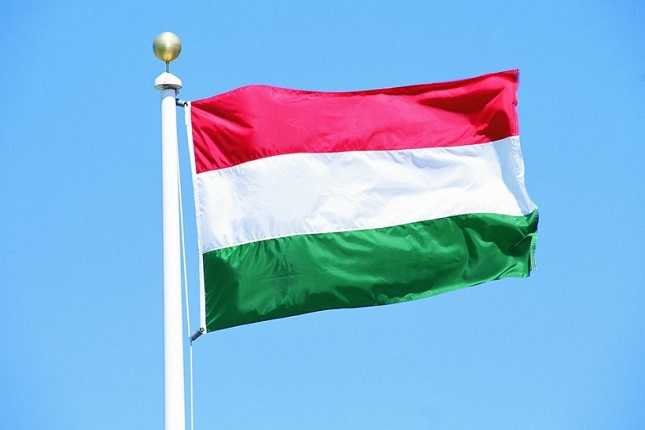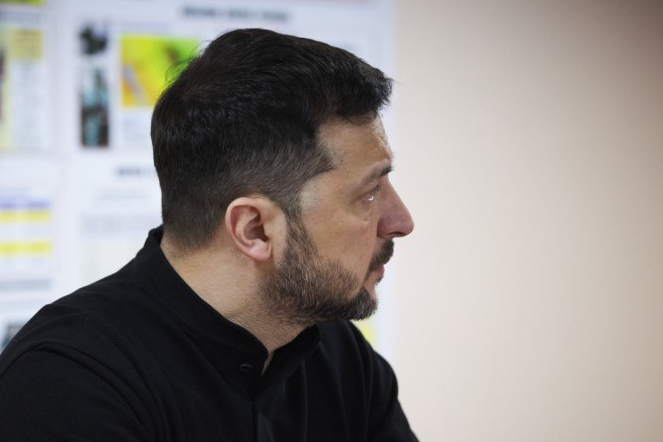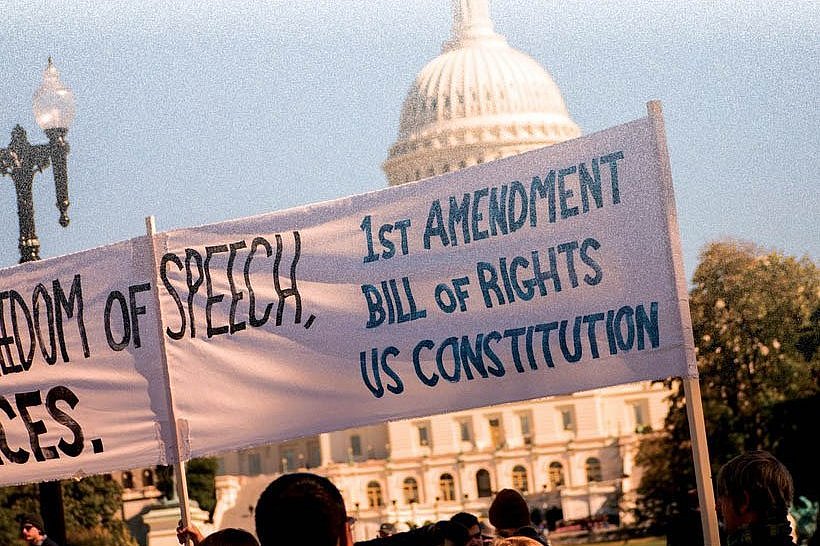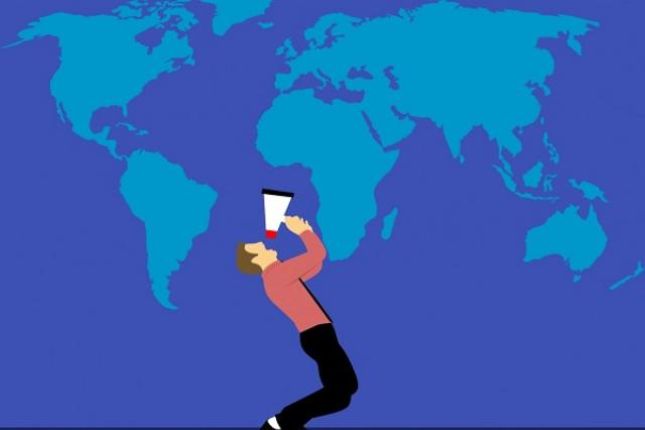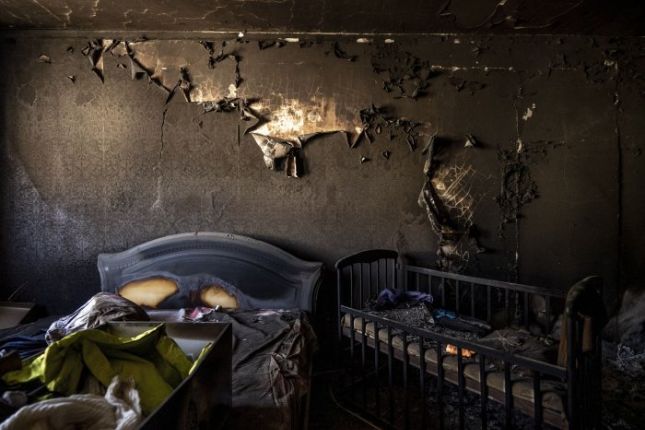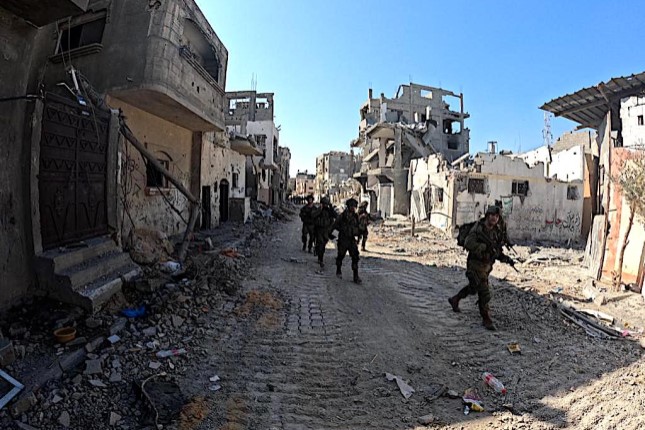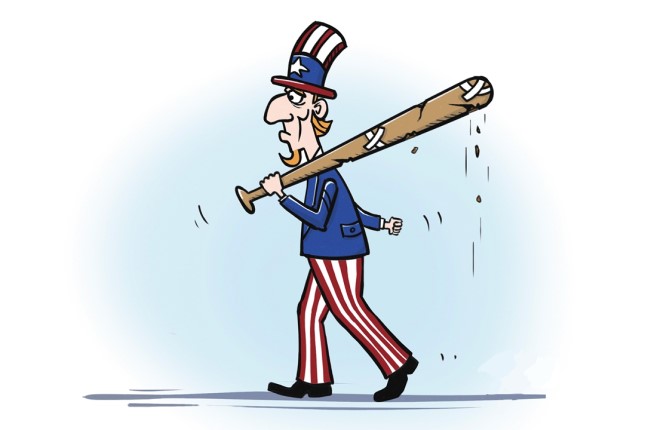On Wednesday, May 25, Hungary's prime minister unveiled the first steps his government intends to take under the state of emergency rule that he declared in the country the day earlier in response to the events in Ukraine. For now, the focus is primarily on matter of financial policy.
Viktor Orban has again confirmed that he remains the EU’s main enfant terrible. On May 24, right after Hungary’s new government was sworn in, its prime minister announced a state of emergency in the nation in response to the events in Ukraine.
"In view of the war in a neighbouring country, we did not waste a single second. A war nobody can see the end of yet", Orban said. "This war presents a constant danger to Hungary; it poses a threat to our physical safety, the energy supplies and financial safety of our families and the economy. We have seen that the war and sanctions from Brussels have brought about a great economic upheaval and drastic price rises," he added.
Orban has once again emphasized that Hungary must stay out of what’s going on in Ukraine and protect the financial security of its families. According to him, this requires room for manoeuvre and immediate action. "The government, exercising its right under the Basic Law, declares a state of emergency tonight. Similar to the state of emergency introduced during the pandemic, this will allow the government to respond immediately and protect Hungary and Hungarian families by all means possible." To enable the Prime Minister to achieve these objectives, he was vested with great emergency powers, including the right to issue decrees that would have the force of law and suspend the current laws. But for all that, Orban did not elaborate on what specific form or shape the new regime of the state of emergency would take, committing to doing so the next day.
There’s hardly anyone who believes that Hungary’s yet another state of emergency was only precipitated by the events in Ukraine.
As Vadim Trukhachev, a political scientist and associate professor with the Russian State University for the Humanities, put it in his exclusive commentary, just about half of the reasons for imposing the state of emergency in Hungary are related to Ukraine since hostilities are indeed taking place in the neighbouring country causing hundreds of thousands of refugees to continue fleeing to Hungary. "The other half is a result of Orban’s strained relations with the EU and NATO. He wants to show these two institutions and his people that he will not do Brussels’ and Washington’s bidding and give in to their demands. And not only with regards to their sanctions policy but on the much broader range of issues generally," the expert commented.
If truth be told, the developments in Ukraine could harm Hungary's energy security, but the hostilities in the Donbas have little if anything to do with it. The real reason is that 65% of Hungary's oil imports come from Russia via the Druzhba pipeline that passes through Ukraine. After Budapest once again blocked an embargo on Russian oil supplies to the EU, Lana Zerkal, an adviser to Ukraine's Minister of Energy, said Kiev has leverage it can use to prevent "the destruction of Europe’s unity, something the Kremlin is now directing its efforts towards." "Hungary gets oil from Russia through the Druzhba pipeline. And it just so happens that it passes through Ukraine. It would be quite logical to synchronize our actions with the EU and extend sanctions to the transportation of Russian oil. By doing that, we will contribute to maintaining the uniformity of the EU’s sanctions policy and to shutting off the financial sources used to fuel the aggression and the source of European corruption," the official was quoted as saying in her interview with the Kyiv-based Liga website.
Meanwhile, Viktor Orban failed to mention Ukraine as he announced his government's initial steps following the state of emergency declaration on the evening of May 25. Hungary’s prime minister said that banks and companies that make "extra profits" would have to contribute to the costs of strengthening Hungary’s military and financing caps on households’ energy bills. The windfall tax will be in effect throughout this year and 2023. "We expect that those who make extra-profits in this time of war will contribute to shoring up the national defence budget," Orban said.
"We will oblige banks, insurers, large retail chains, the energy industry and trading firms, telecoms companies and airlines to pay a large part of their extra profits into two state funds," Orban said. The first fund will finance the costs of energy price caps for households for higher energy prices, while the second will pay for the development and modernization of the country’s armed forces. And while the first of the two mechanisms had been tried and tested during the COVID pandemic, getting kicked into high gear during the recent elections (incidentally, Mihai Varga will carry on as head of Hungary’s Ministry of Finance), the second one is yet to be set up.
This will be the responsibility assigned to Hungary's new defence minister, Kristóf Szalay-Bobrovniczki, who has risen through the ruling Fidesz party’s ranks, holding jobs in think tanks and the media and recently serving as a diplomat, including as Hungary’s ambassador to the UK in 2016 through 2020. His wife is the government’s spokesperson and is listed as a Fidesz Influencer. The new Minister of Defense is known for his involvement as a co-owner in a railway business with the Russians and his investments in the Czech Republic's defence industry. According to some analysts, the principal job of the newly appointed minister will be to oversee the large-scale procurement of weapons for the Hungarian military, or perhaps even to try and set up their domestic production.
That said, Hungary’s new defence minister could be assigned another important task. "The introduction of the state of emergency sends a signal, including a signal to NATO, that Hungary would not authorize deployment of any foreign combat units in the country and that Hungary’s territory will not be used against Russia or, even more so, to provide support to today’s Ukraine that has been trampling the rights of ethnic Hungarians in Transcarpathia," Vadim Trukhachev commented.
According to Trukhachev, this could antagonize the EU, NATO, and big international business to boot, potentially resulting in an attempt to overthrow Viktor Orban by means of yet another "colour revolution". "There have been such attempts in the past, and there will be more to come. Budapest is dead set against Orban. Gergely Karácsonyis, the capital’s current Mayor, is Orban’s sworn enemy. However, the rest of Hungary continues to support its prime minister, and so for now, some "goulash" revolution" would not stand a chance of succeeding", the Russian pundit opined.
Trukhachev also believes that the way Hungary’s Prime Minister conducts himself could inspire neighbouring Serbia, which is now under heavy pressure from the European Union to impose sanctions against Russia. "Viktor Orban and Serbia’s President Aleksandar Vucic have held frequent meetings. Just the other day, they agreed on yet another Serbia-Hungary gas deal. However, this is very unlikely to affect any Balkan countries, most of whom have been completely sucked into the West’s orbit of influence," Trukhachev posited.
It is worth noting that Viktor Orban is yet to unveil the amount of revenue projected to be raised by the new taxes, having promised that all further details will be announced on Thursday, May 26. Although this is mostly relevant to Hungary's citizens and business entities, Serbia and Republika Srpska, or RS, one of the two entities of Bosnia and Herzegovina, may also gain from the Hungarian budget’s increase. Serbia's defence industry could, for instance, try to vie for Budapest’s defence contracts, whereas RS might hope to see more money flowing from Hungary to the business support fund set up by Budapest late last year. This may be especially promising given that Bosnia and Herzegovina are scheduled to have their next general elections on October 2, and Viktor Orban seems to understand the importance of finances at times like these.
Oleg Havich, Journalist
